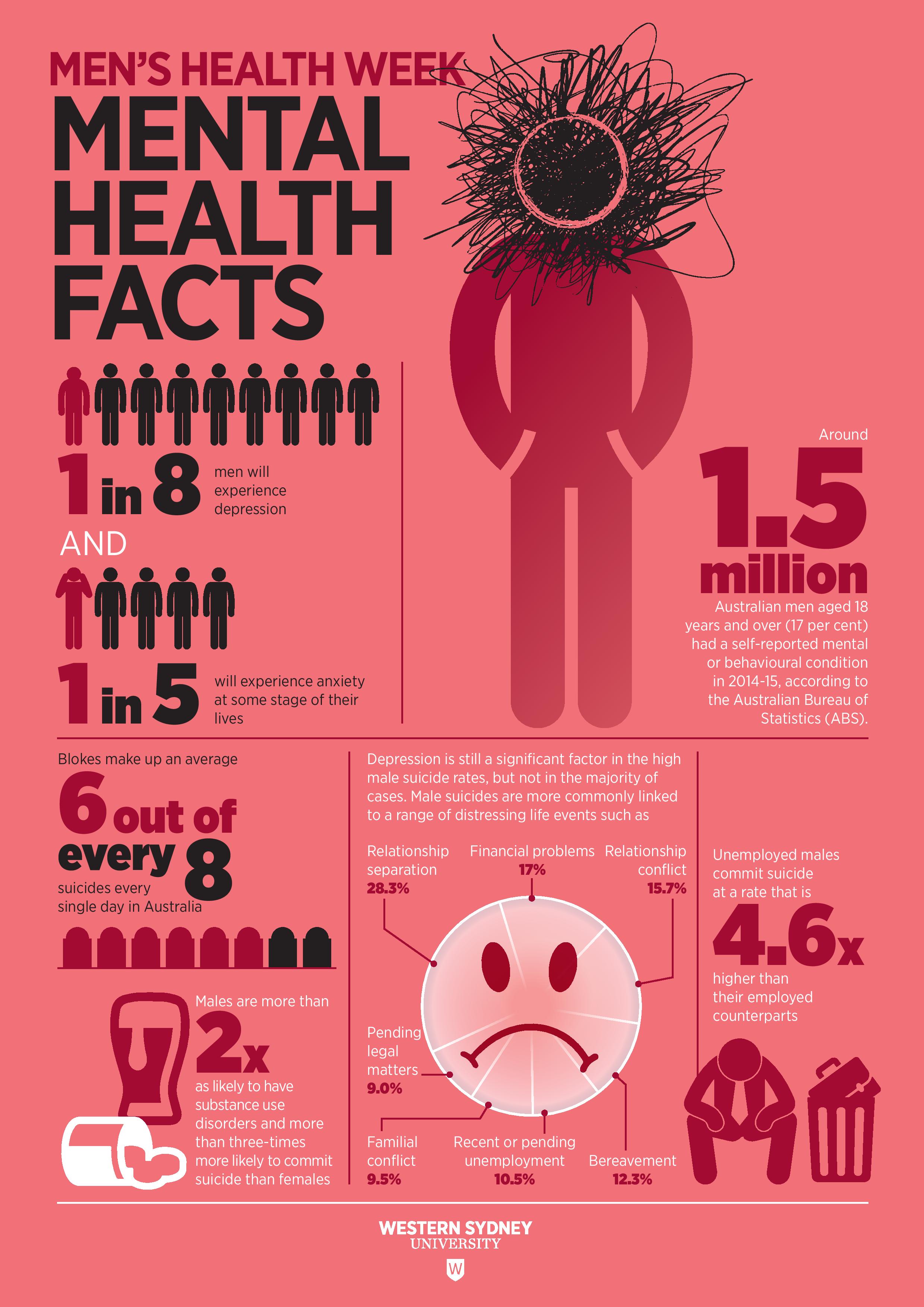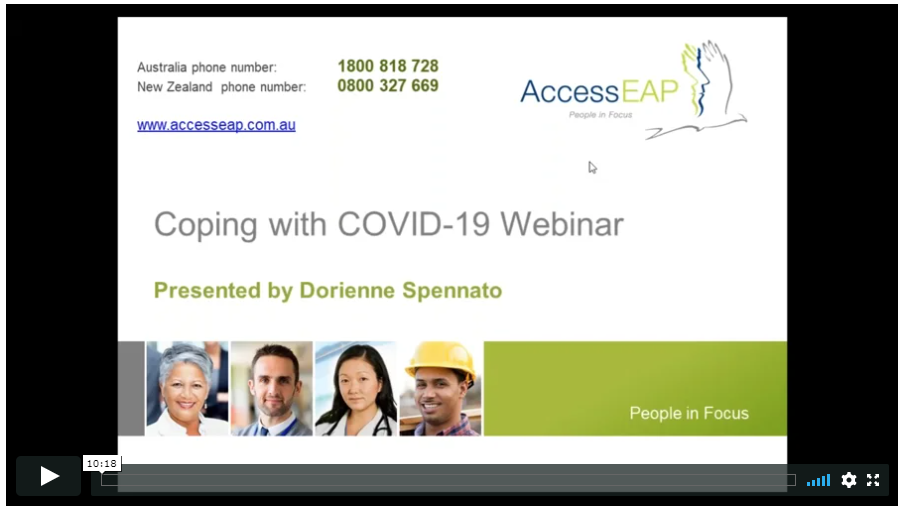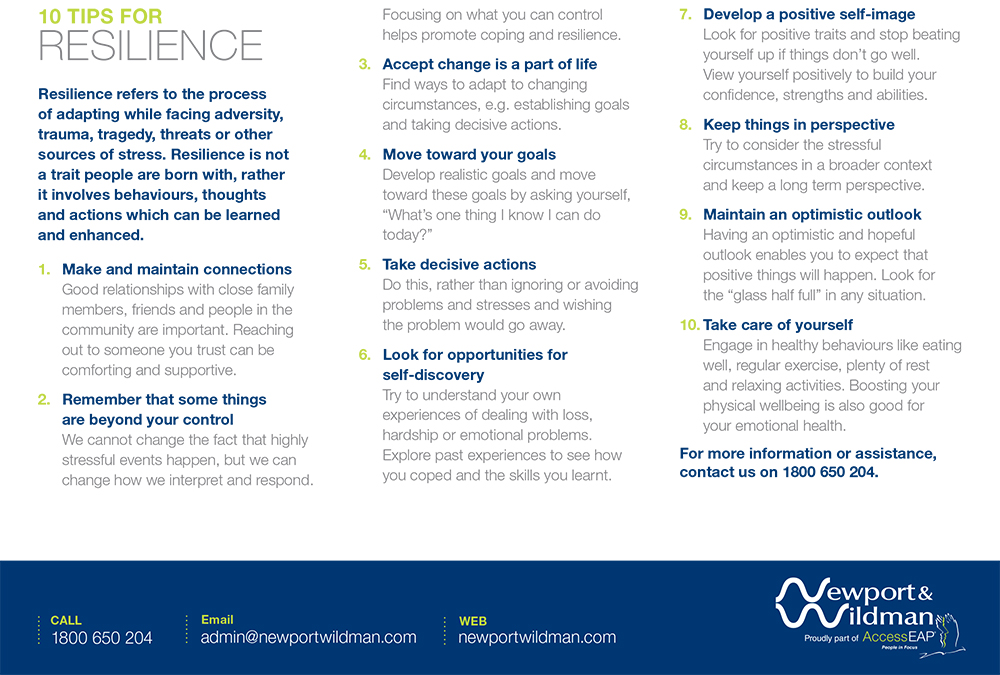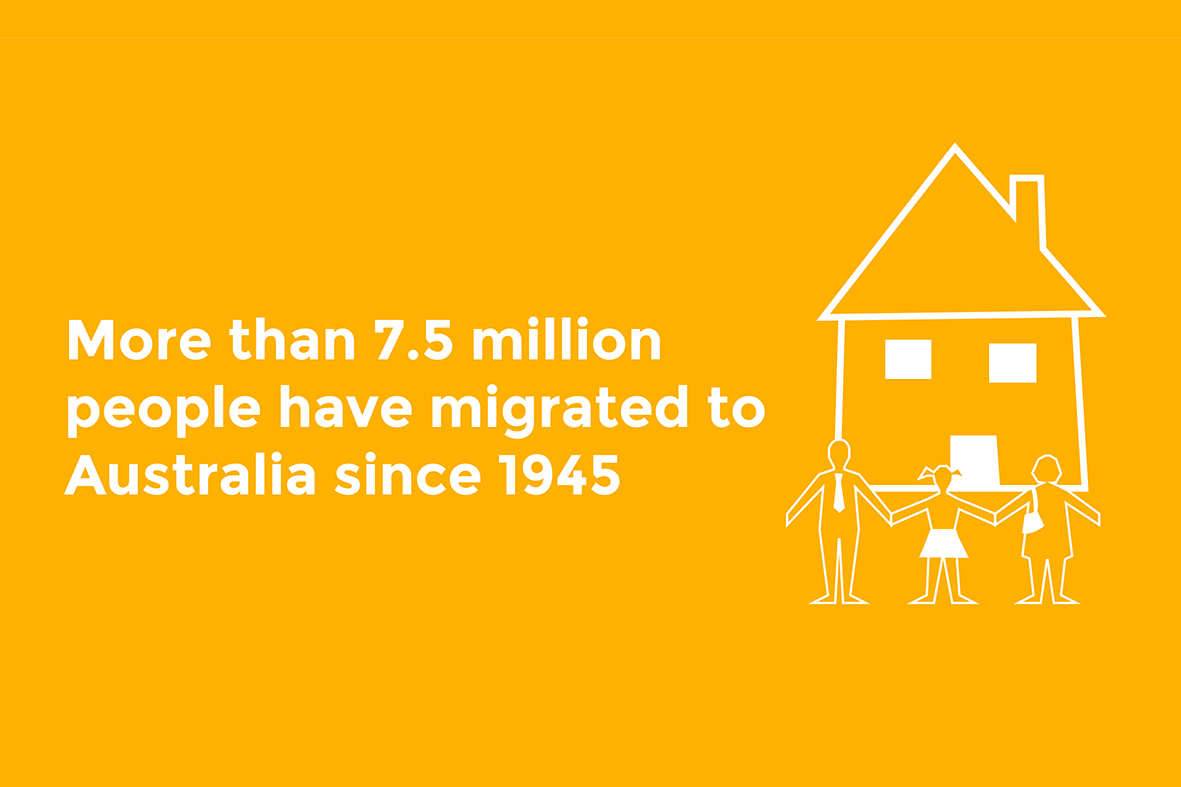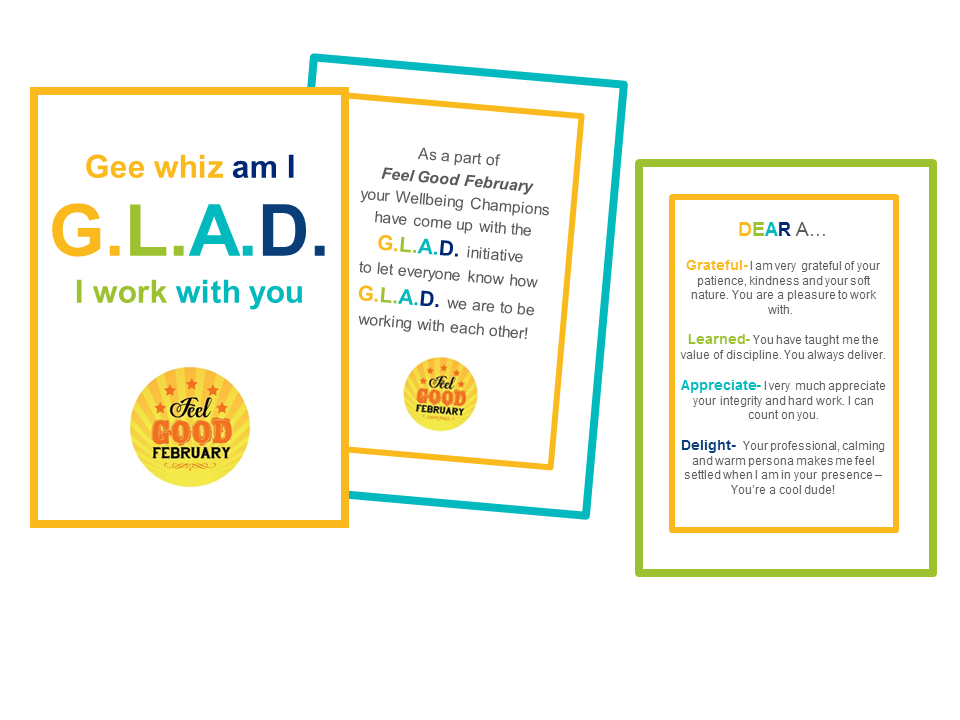Newport & Wildman is proudly part of AccessEAP. This month we have a message from Sally Kirkright, CEO, AccessEAP.
We encourage our children to be kind. We’re kind to those we love and our colleagues. So why is it hard to turn that lens of kindness back onto ourselves? Doesn’t it mean that we are being selfish, wasting time with self-care? Who will do All of Those Tasks if we don’t? This month I’ve been thinking about how hard it can be, especially during a pandemic, to be nice to ourselves. If we drive ourselves on relentlessly, something will give.
At Newport & Wildman, we are talking to a lot of people about their ‘stress signature’. How do you know if you’re stressed? Stress shows up in our bodies (headaches, racing heart, insomnia), in our thoughts (excessive worry and catastrophising), behaviours (drinking to relax, not sleeping well) and relationships (being snappy with people, reactive to situations that normally slide right past us).
So stress is pretty awful. But it has reasons for putting us on edge. That surge of adrenaline when we are in danger tells our heart to pump blood to our limbs. Non-essential systems like digestion shut down (hence that sinking feeling in our gut when we are scared). This allows us to fight our way out of danger, or flee. All well and good when confronted with a dangerous beast but not so useful in our day to day lives. If we are constantly on edge, our fight or flight status leaves us exhausted. The stress hormone, cortisol, is key to this defence system but long-term it plays havoc with our bodies – blood sugar and blood pressure skyrocket, memory is affected, higher levels at night create insomnia.
Working from home has been a mix of pleasure (no commute!) and challenge (cabin fever!), and just as we adapt to this, it’s time to get our heads around the idea of a “new normal”. Making sense of the new normal and ongoing uncertainty is enough to keep those stress hormones rumbling along.
By identifying our personal stress signatures, we can try and intervene to minimise the short and long term impacts on our lives. This can be as simple as taking a lunch break (not working while you eat), or making sure you have a real weekend with people you care with (not always checking emails). For me, taking the time out to join in on our Yoga Wellbeing Initiative really helped to keep me balanced.
Kind managers encourage staff to have good work boundaries. They do this because their staff are less likely to burn out, more engaged when working. This approach gives a better ‘return on investment’ but more importantly, it’s just the right way to care for your employees.
You wouldn’t let a friend or colleague burn the candle at both ends without asking them to ease up, so I hope we can be that kind, firm friend to ourselves and remember that caring for yourself allows you to find time to recharge for the next challenge. We all know the concept of self-care; eat well, exercise, relax, social connection, get enough sleep. It’s hard to fit what feels like downtime into our busy lives but the benefit is huge in terms of our health, our sanity, and quality time with family and friends as well as increased clear thinking which means higher productivity.
Sally Kirkright, AccessEAP CEO


